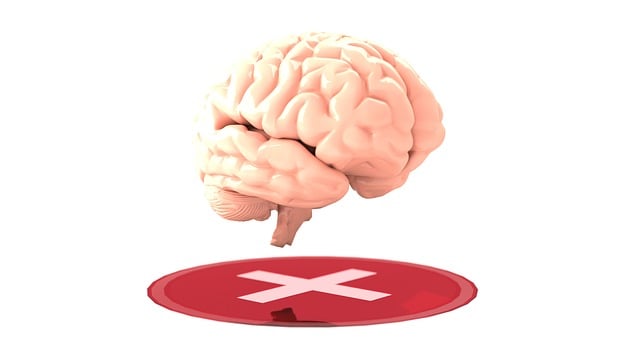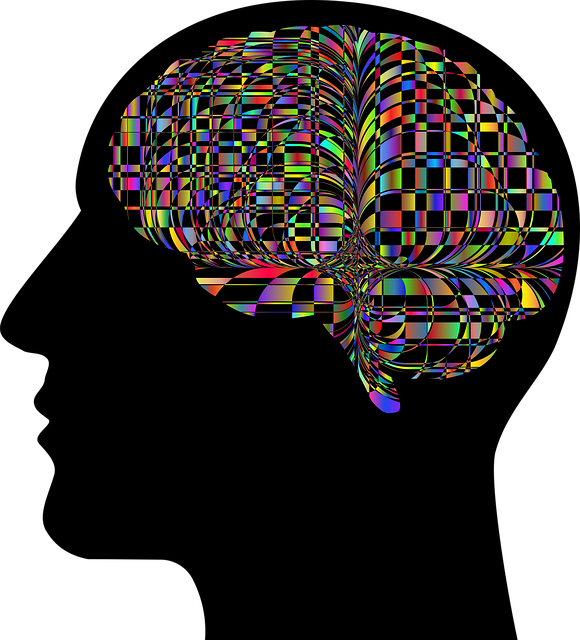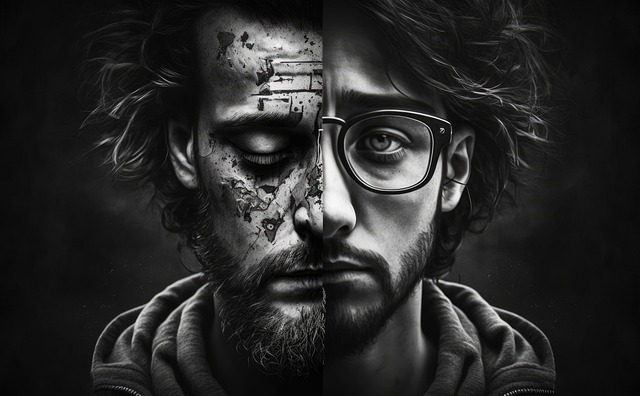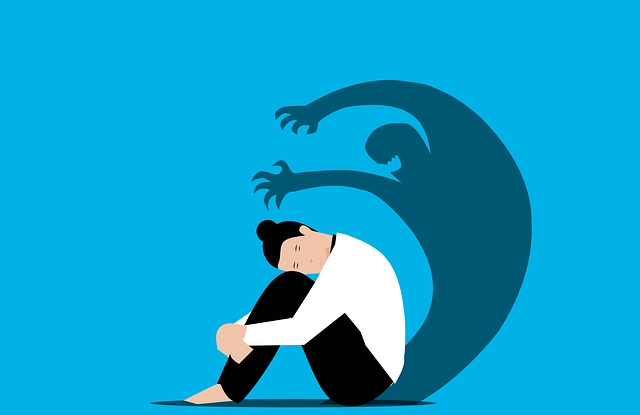Media portrayal of mental health significantly influences societal understanding, with positive representations fostering empathy and reducing stigma. However, negative stereotypes perpetuate misinformed attitudes. In response, digital platforms like Superior Online Therapy offer accessible therapy options, bridging the gap in mental health representation. This innovative approach promotes emotional intelligence and open discussions about mental wellness through programs designed for education and outreach. By integrating authentic narratives featuring diverse mental health experiences and leveraging technology for tailored treatments, these platforms revolutionize care, encouraging individuals to prioritize their mental well-being effectively.
Mental illness representation in media plays a pivotal role in shaping public perception and influencing mental health awareness. This article explores the impact of media portrayal, unearths prevalent stereotypes, and offers solutions to challenge these misconceptions. We delve into the rise of digital therapy platforms as a game-changer in healthcare access, and present strategies for creating accurate, empathetic content. Additionally, we highlight the empowerment individuals experience through online therapy, emphasizing its comprehensive benefits in today’s digital era. Discover how superior online therapy is revolutionizing mental health support.
- Understanding the Impact of Media Portrayal on Mental Health Awareness
- Uncovering Stereotypes and Misconceptions: The Current State of Media Representation
- The Rise of Digital Therapy Platforms: A Revolution in Mental Healthcare Access
- Strategies for Creating Accurate and Empathic Content to Challenge Negative Stereotypes
- Empowering Individuals Through Online Therapy: A Comprehensive Approach
Understanding the Impact of Media Portrayal on Mental Health Awareness

The media plays a pivotal role in shaping public perception about mental health. The way mental illness is portrayed in films, television shows, and news articles can significantly impact how society understands and addresses these conditions. Positive and accurate representation of mental health struggles in media can foster empathy, reduce stigma, and encourage individuals to seek help. It allows viewers to witness the humanity behind mental health challenges, normalizing conversations about anxiety, depression, and other disorders. Conversely, negative or stereotypical portrayals can perpetuate misinformed attitudes, leading to further isolation for those dealing with these issues.
Superior Online Therapy offers a modern solution to bridge this gap by providing accessible therapy options through digital platforms. With the help of professional therapists, individuals can receive the support they need from the comfort of their homes. This innovative approach contributes to Mental Health Education Programs Design, promoting Emotional Intelligence and fostering an environment where mental health discussions are open and non-judgmental. By challenging traditional media narratives, we can work towards a more informed and supportive society for everyone’s well-being.
Uncovering Stereotypes and Misconceptions: The Current State of Media Representation

The current state of mental illness representation in media is fraught with stereotypes and misconceptions that have persisted for far too long. Despite growing awareness about mental health, popular culture often relies on simplistic, one-dimensional portrayals that fail to capture the complex nature of various disorders. This has led to a profound impact on public perception, fostering an environment where individuals struggling with their mental health may feel even more isolated and misunderstood.
Media platforms, especially television and film, have a superior online therapy potential to challenge these stereotypes by showcasing more authentic and nuanced stories. By integrating characters with mental illnesses into compelling narratives, audiences can develop a deeper understanding of the challenges they face daily. Furthermore, initiatives like Compassion Cultivation Practices, Mental Wellness Coaching Programs Development, and Community Outreach Program Implementation can empower media creators to craft scripts that not only entertain but also educate viewers about mental wellness, fostering empathy and breaking down barriers associated with seeking help through superior online therapy services.
The Rise of Digital Therapy Platforms: A Revolution in Mental Healthcare Access

In today’s digital era, the rise of online therapy platforms has revolutionized access to mental healthcare, offering a superior alternative for many individuals seeking support. These cutting-edge solutions provide a convenient and accessible way to connect with licensed therapists and counselors from the comfort of one’s home. With just a few clicks, folks can gain access to confidence-boosting tools and trauma support services that were once limited to traditional in-person therapy sessions.
The integration of digital technology has not only enhanced accessibility but also enabled the delivery of specialized treatments tailored to individual needs. From virtual reality exposure therapy for anxiety to text-based platforms offering conflict resolution techniques, these innovative approaches cater to diverse preferences and circumstances. This shift towards superior online therapy marks a significant step forward in making mental healthcare more inclusive and effective for all.
Strategies for Creating Accurate and Empathic Content to Challenge Negative Stereotypes

To challenge negative stereotypes associated with mental illness, media creators should focus on accurate and empathic content. This involves portraying individuals with mental health conditions as complex human beings rather than stereotypes. By integrating real-life experiences and consulting experts in mental wellness, including superior online therapy platforms, media can offer nuanced perspectives that educate the public. Sharing personal stories of recovery and resilience can also help humanize mental illness, fostering understanding and empathy among viewers.
Communication strategies are key to this process. Media outlets should engage in open dialogues about mental health issues, encouraging conversations that dispel myths and promote awareness. Incorporating diverse narratives that reflect the wide range of mental wellness experiences—from managing stress to overcoming severe depression or anxiety—is essential. Moreover, burnout prevention strategies for healthcare providers can be incorporated indirectly by showcasing compassionate support systems and accessible resources, such as digital therapy platforms, that contribute to holistic mental health care.
Empowering Individuals Through Online Therapy: A Comprehensive Approach

In today’s digital era, the rise of superior online therapy platforms offers a transformative solution to mental illness representation in media. These innovative tools empower individuals by providing accessible and comprehensive care, challenging traditional barriers to treatment. Online therapy sessions cater to diverse needs, from stress management workshops to specialized programs designed for specific mental health conditions. This shift towards virtual care not only ensures convenience but also fosters comfort and anonymity, encouraging more people to prioritize their mental well-being.
The integration of online therapy into mainstream mental healthcare is coupled with complementary initiatives like Healthcare Provider Cultural Competency Training and Mental Health Education Programs. These collaborative efforts ensure that both the providers and the recipients of therapy benefit from a culturally sensitive approach. By combining technology with education, these programs create an inclusive environment, enabling individuals to take control of their mental health journeys effectively.
The media’s role in shaping public perception of mental illness is profound, and it’s time for a positive transformation. By challenging stereotypes, embracing accurate representation, and utilizing innovative digital therapy platforms like superior online therapy, we can significantly enhance mental health awareness. Strategies for creating empathetic content and empowering individuals through accessible online therapy are key to revolutionizing support systems. Together, these efforts can lead to a more understanding and inclusive society, where those facing mental health challenges find the help they need without stigma or misconception.














